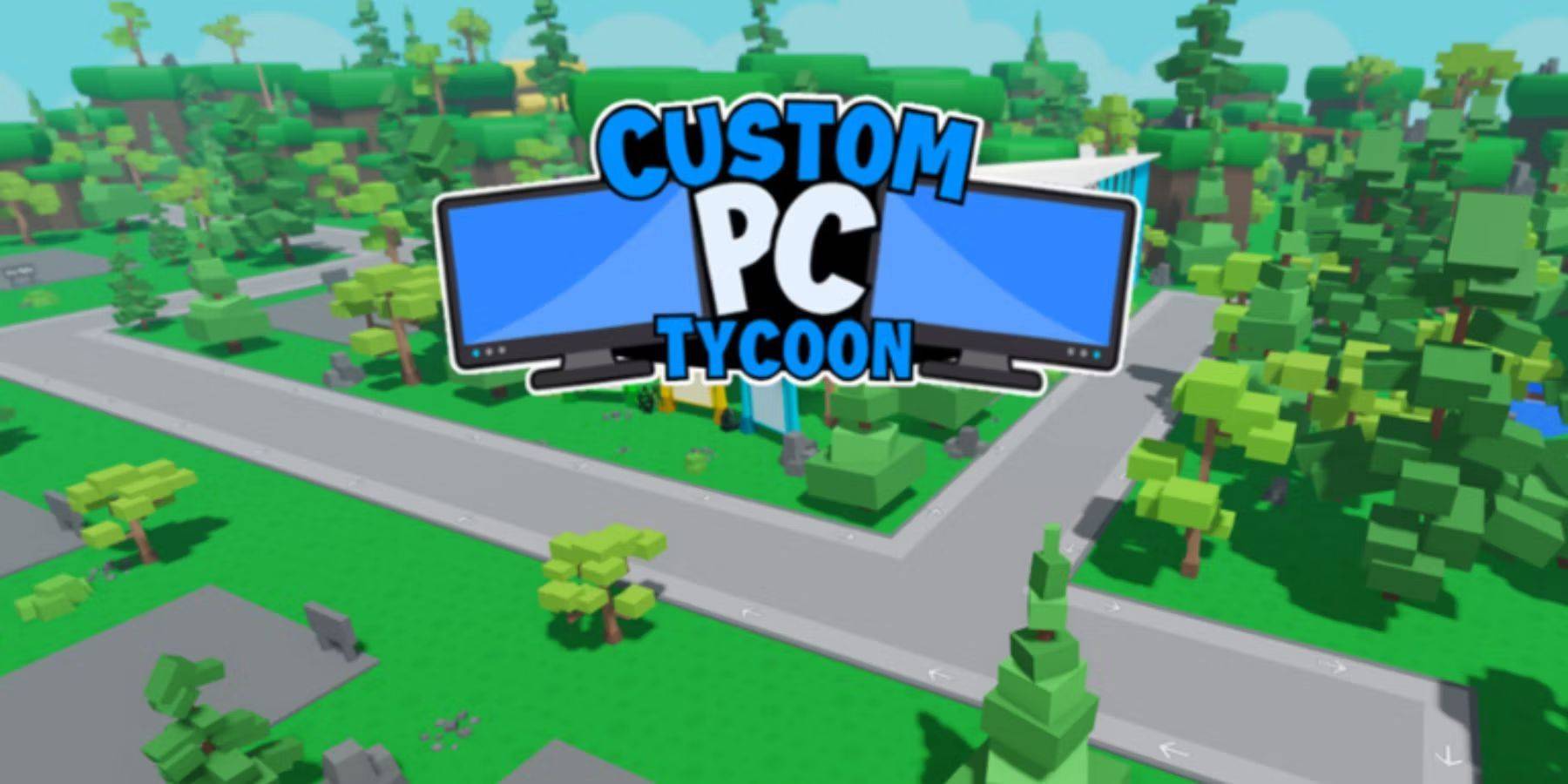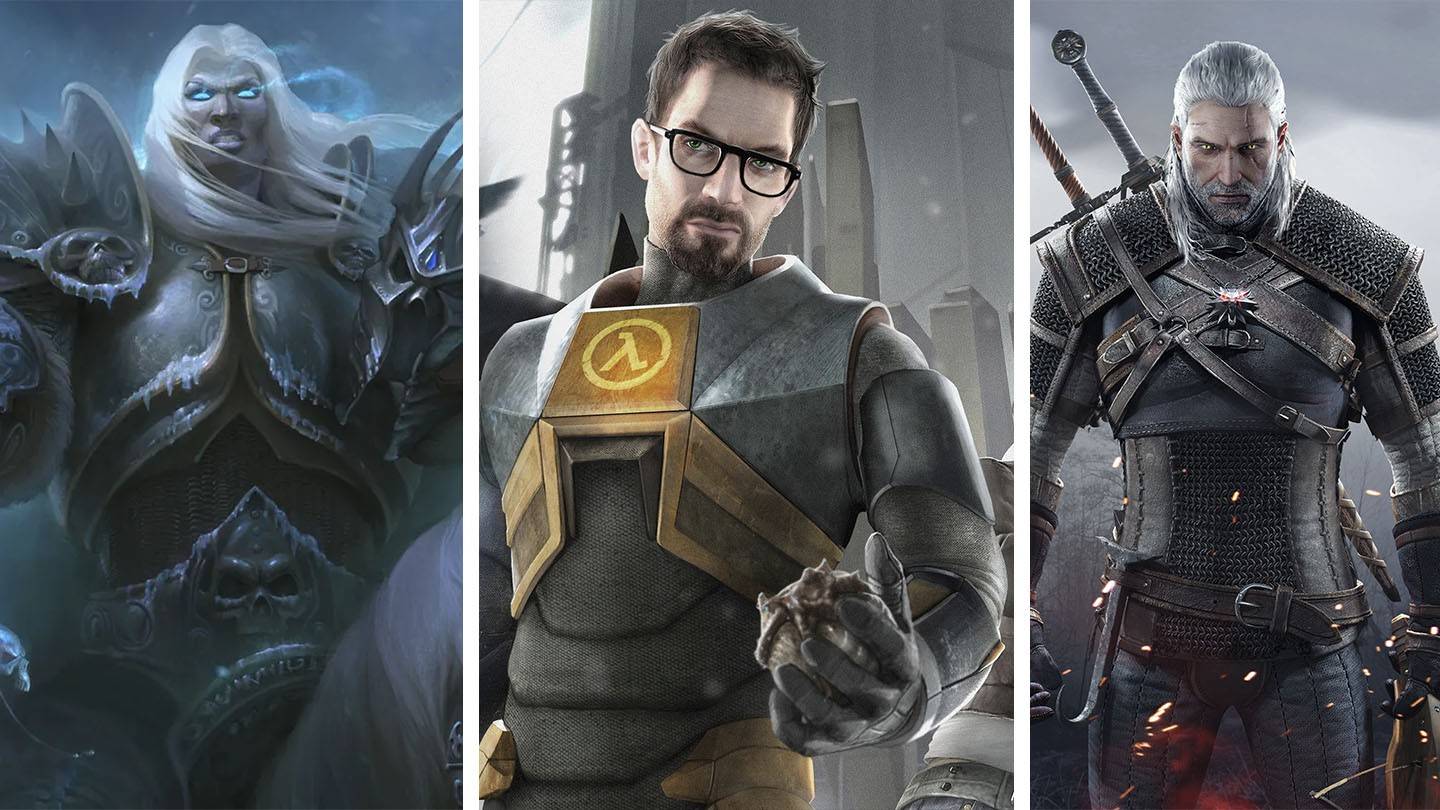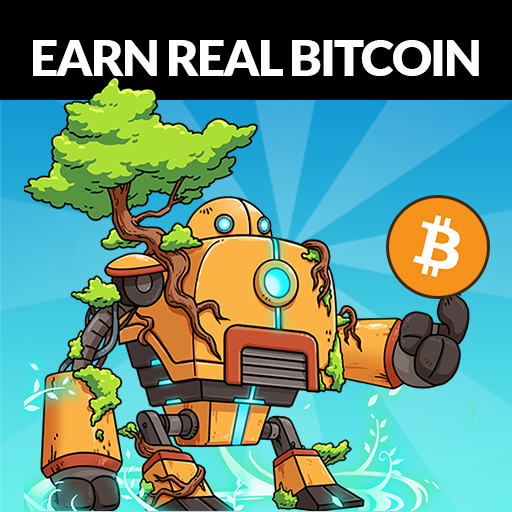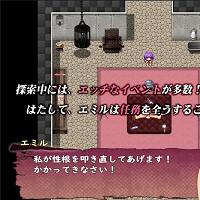Ubisoft has firmly stated that purchasing a game does not grant players "unfettered ownership rights" to it, but rather a "limited license to access the game." This statement comes in the context of the company's efforts to dismiss a lawsuit filed by two disgruntled players of The Crew, following the shutdown of the original racing game in 2023.
As of the end of March 2024, The Crew is no longer playable. Regardless of whether players own physical or digital copies, the game's servers have gone offline, rendering it inaccessible. In contrast, Ubisoft took steps to develop offline versions of The Crew 2 and its sequel The Crew: Motorfest, allowing continued play for those titles, but no such provision was made for the original game.
Late last year, two gamers initiated legal action against Ubisoft, claiming they believed they were "paying to own and possess the video game The Crew" instead of merely "paying for a limited license to use The Crew." Their lawsuit likened the situation to buying a pinball machine only to find it stripped of essential components years later.
According to Polygon, the plaintiffs allege that Ubisoft violated several California laws including the False Advertising Law, Unfair Competition Law, Consumer Legal Remedies Act, as well as common law fraud and breach of warranty. They also argue that Ubisoft contravened state regulations on gift cards, which are not permitted to expire. The plaintiffs pointed out that the game's activation code was stated to be valid until 2099, suggesting to them that The Crew should remain playable well into the future.
Ubisoft's legal team countered these claims by asserting that players were fully aware at the time of purchase that they were acquiring a license, not permanent ownership. They highlighted that the Xbox and PlayStation packaging clearly stated in capital letters that Ubisoft could terminate access to online features with 30 days' notice.
The company has moved to dismiss the case, but if unsuccessful, the plaintiffs are prepared to proceed to a jury trial. This situation underscores a broader industry trend, with digital marketplaces like Steam now explicitly informing customers that they are purchasing a license, not a game. This practice was mandated by a law signed by California Governor Gavin Newsom, requiring digital platforms to clarify the nature of digital purchases. While this law does not stop companies from discontinuing access to digital content, it ensures that consumers are informed about the terms of their purchase upfront.

 Latest Downloads
Latest Downloads
 Downlaod
Downlaod
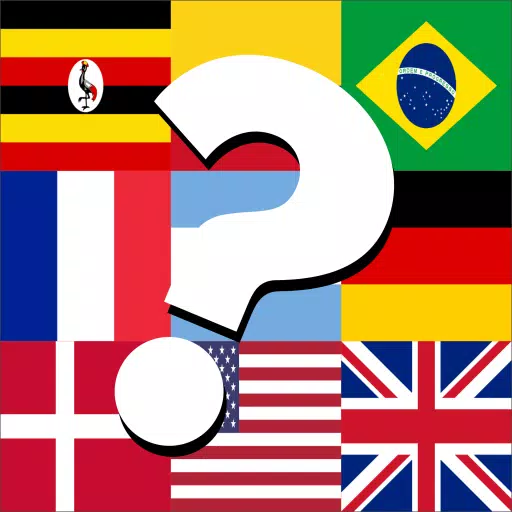



 Top News
Top News